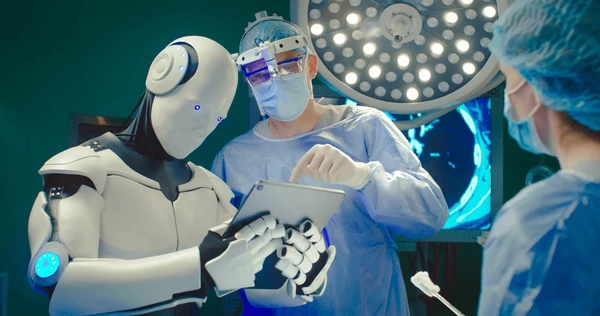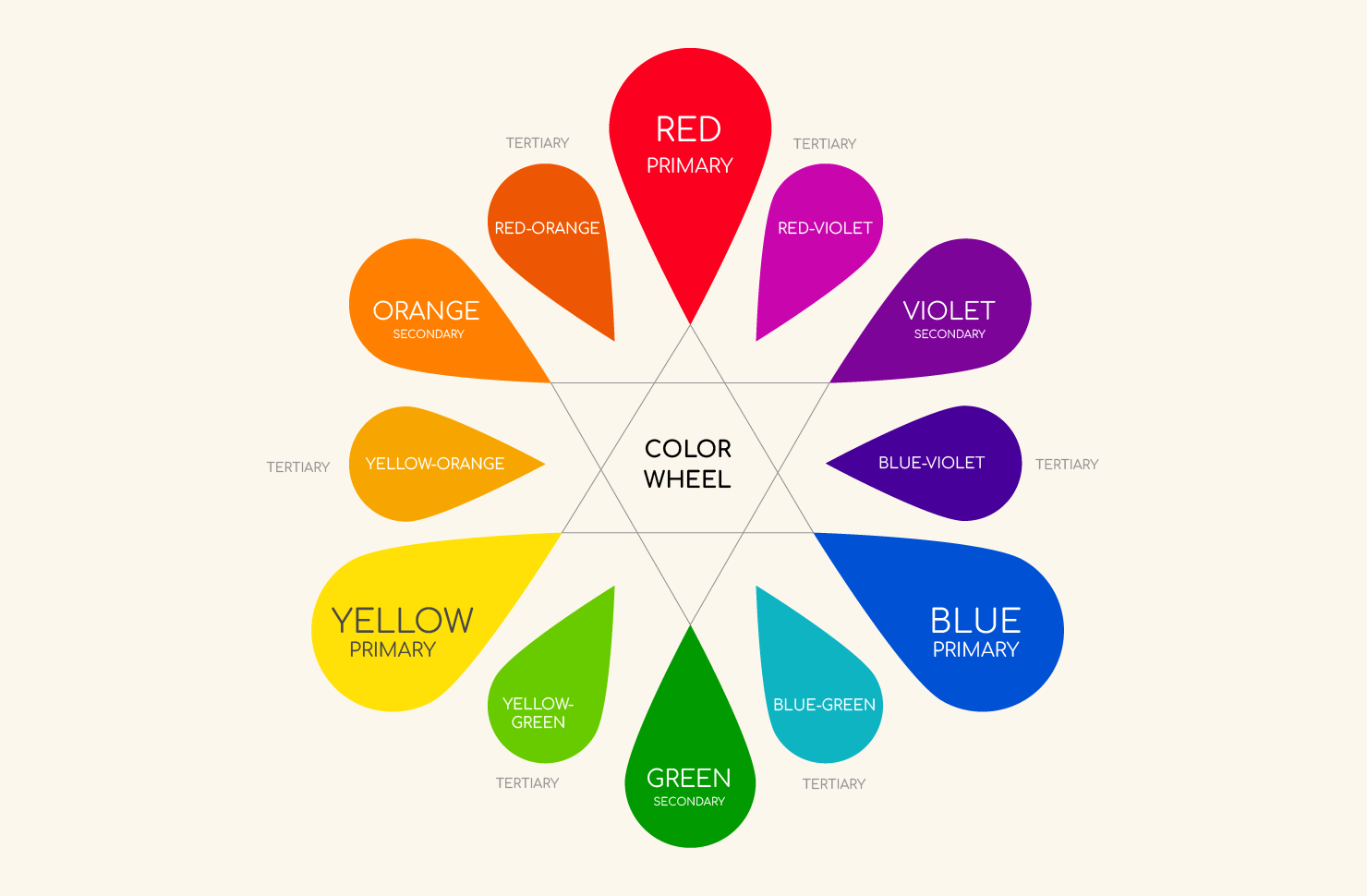Artificial Intelligence in Healthcare: Revolutionizing Patient Care
Introduction
Artificial Intelligence (AI) is transforming nearly every industry—and healthcare is leading the charge. From predictive diagnostics to robotic surgery and personalized medicine, AI is changing the way we detect, treat, and manage disease.
In this article, we explore how AI is revolutionizing patient care and what this means for the future of medicine, wellness, and health systems around the world.
🧠 What Is AI in Healthcare?
AI in healthcare refers to machine learning algorithms and data-driven tools that assist or automate medical tasks. These tools can analyze massive datasets, recognize patterns, and provide insights that would take humans much longer to uncover.
Core AI Technologies Used:
-
Deep learning and neural networks
-
Natural language processing (NLP)
-
Computer vision for image recognition
-
Predictive analytics
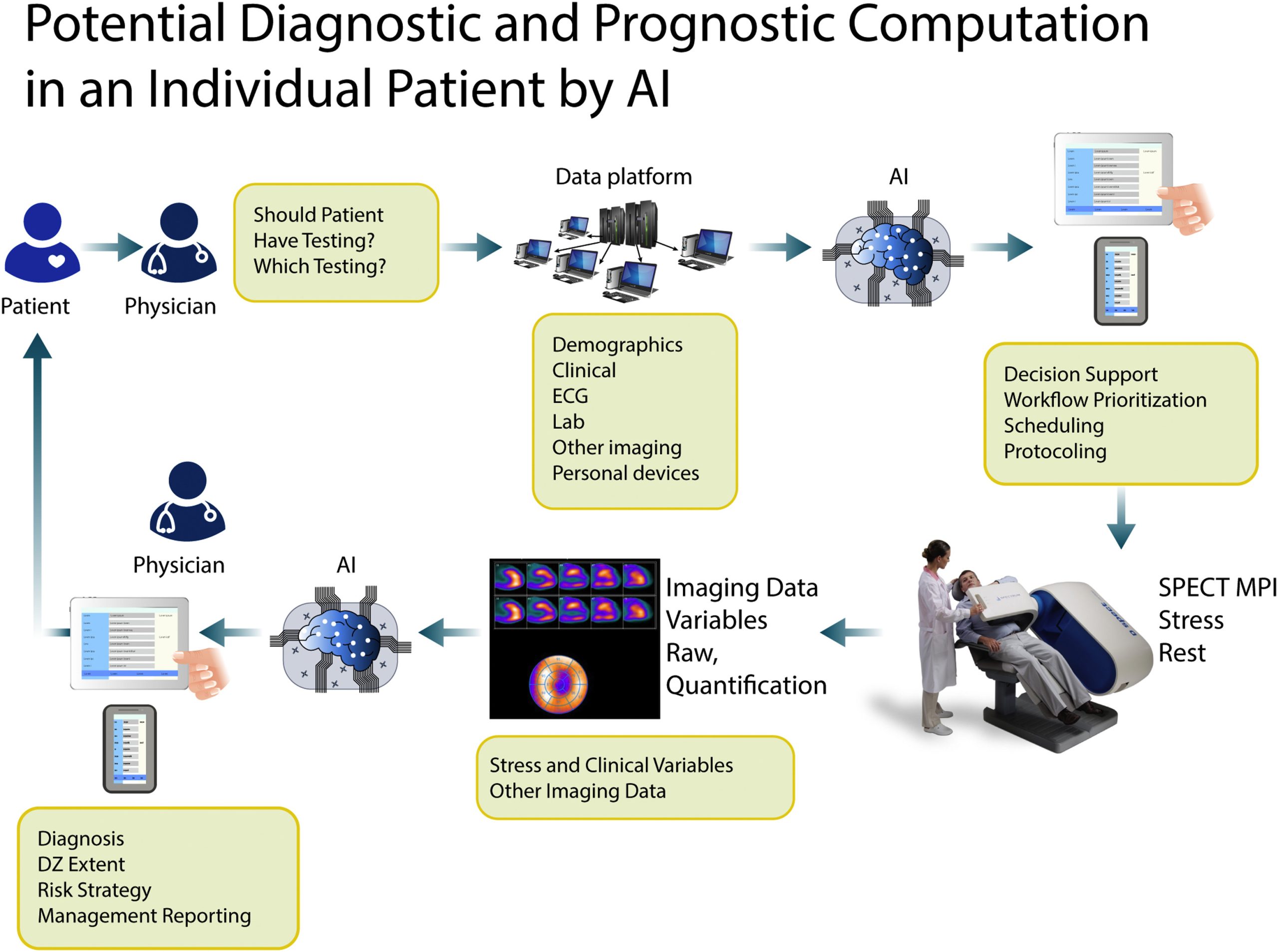
🔍 Smarter Diagnostics and Early Detection
AI is already being used to identify diseases earlier and more accurately, especially in areas like cancer screening, radiology, and pathology.
How It Helps:
-
Analyzing X-rays, MRIs, and CT scans with greater speed and accuracy
-
Detecting anomalies that may be missed by the human eye
-
Predicting patient risk profiles using medical history and genetic data
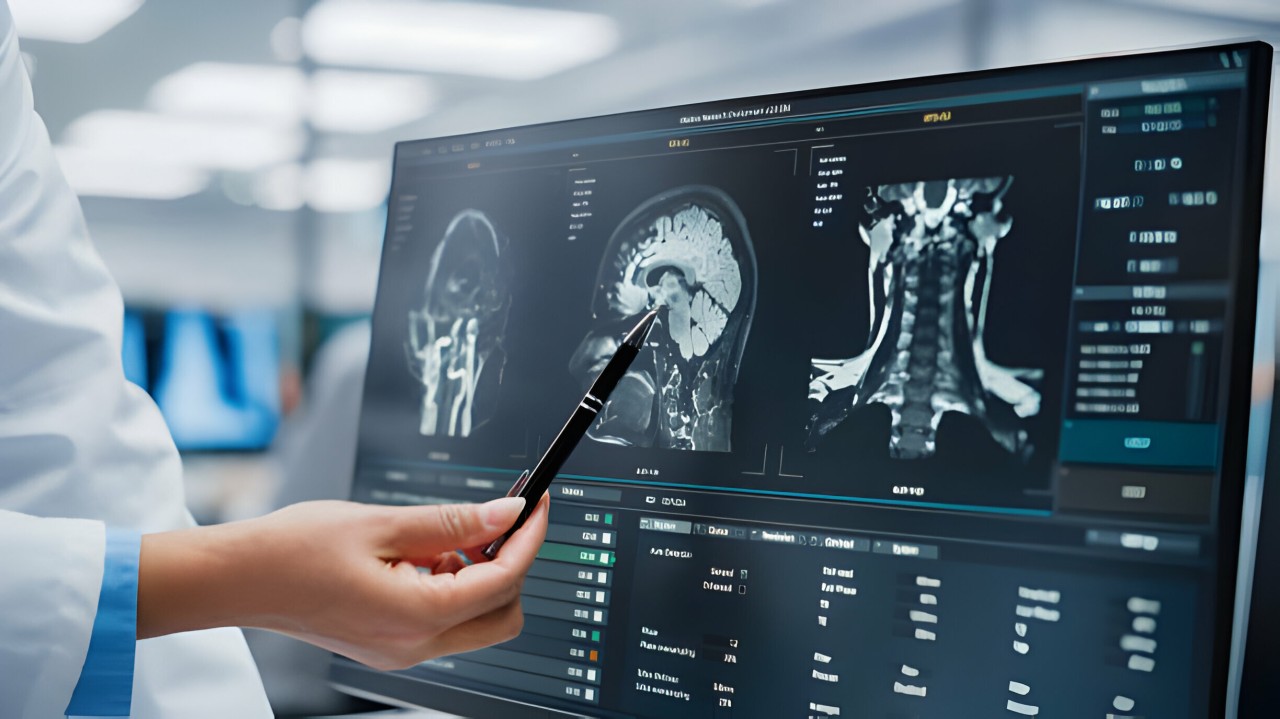
🤖 AI-Powered Surgery and Robotics
Robotic surgery systems guided by AI can enhance precision and reduce complications during complex procedures. Surgeons can perform minimally invasive surgeries with greater accuracy, aided by real-time data.
Benefits:
-
Smaller incisions and faster recovery times
-
Real-time monitoring of patient vitals
-
Reduced surgeon fatigue during long procedures
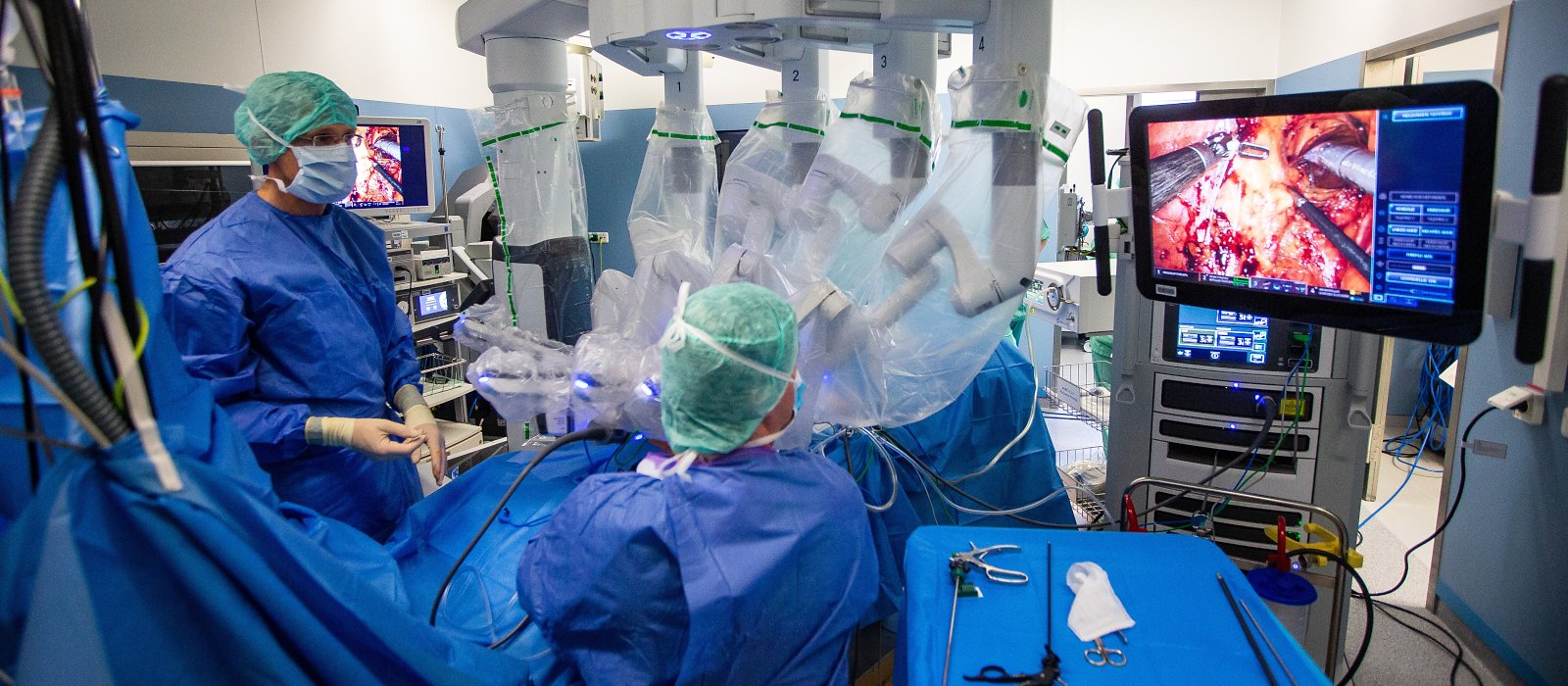
📊 Predictive Analytics and Patient Monitoring
AI allows healthcare providers to predict and prevent health issues before they become critical. Wearable devices, apps, and remote monitoring systems generate data that AI can analyze in real time.
Use Cases:
-
Predicting cardiac events or diabetic complications
-
Alerting caregivers when patients show warning signs
-
Monitoring chronic illnesses through smart devices
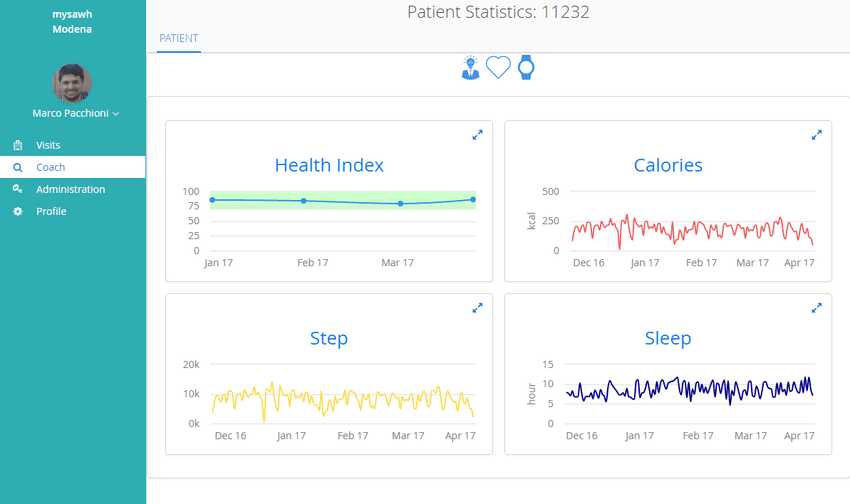
💬 Virtual Health Assistants and Chatbots
AI-powered virtual assistants can reduce administrative overload and improve patient experience. From scheduling appointments to answering medical questions, these systems can act as 24/7 support tools.
Examples Include:
-
Symptom checkers and health chatbots
-
Appointment reminders and medication tracking
-
AI triage systems guiding patients to proper care pathways
💡 Personalized Medicine and Drug Discovery
AI enables a shift from one-size-fits-all treatments to personalized care based on an individual’s genetics, lifestyle, and health data.
Transformative Impact:
-
Designing custom treatment plans
-
Accelerating drug discovery and clinical trials
-
Identifying patient-specific reactions to medications

🛑 Ethical Considerations and Limitations
While the promise of AI in healthcare is enormous, it also raises critical questions:
-
Data Privacy & Security: Sensitive patient data must be protected
-
Bias & Fairness: AI models must be trained on diverse datasets to avoid skewed outcomes
-
Human Oversight: AI should support—not replace—human healthcare providers
Final Thoughts 🌟
AI is more than a trend in healthcare—it’s a paradigm shift. With continued research, responsible implementation, and ethical safeguards, artificial intelligence is set to make healthcare more efficient, accurate, and accessible for everyone.
editor's pick
news via inbox
Nulla turp dis cursus. Integer liberos euismod pretium faucibua

